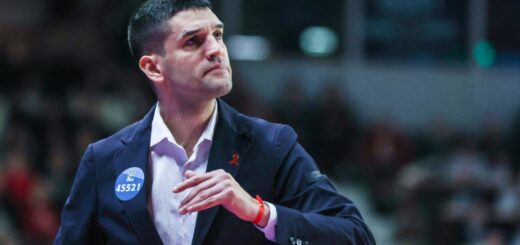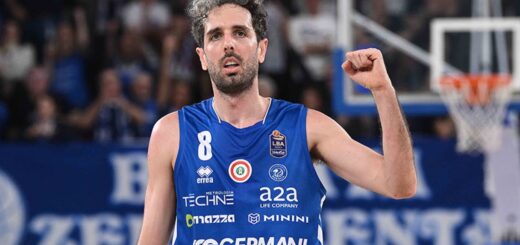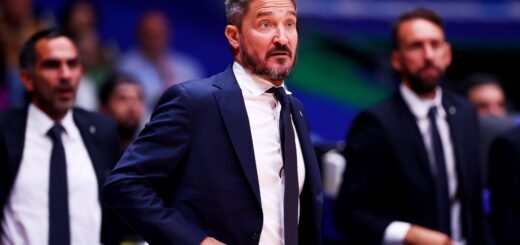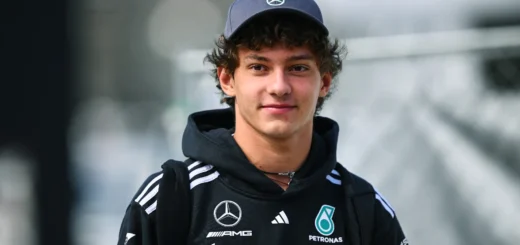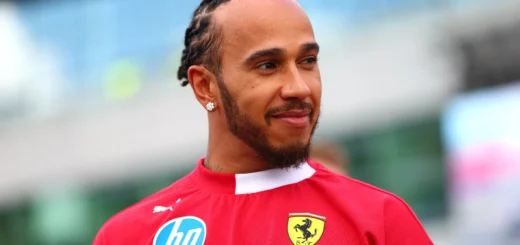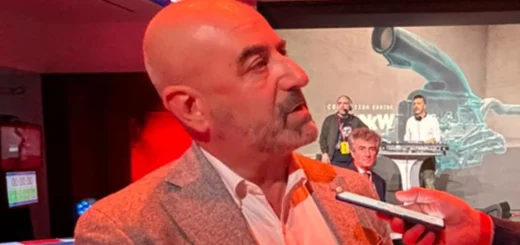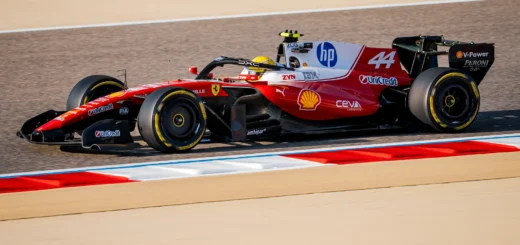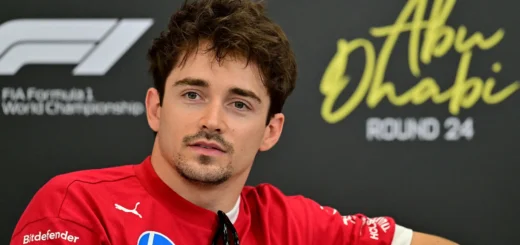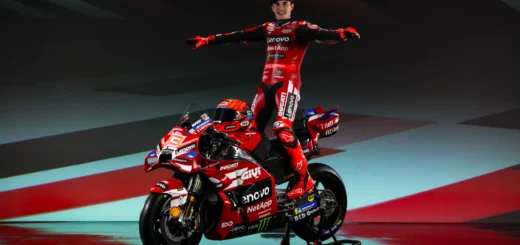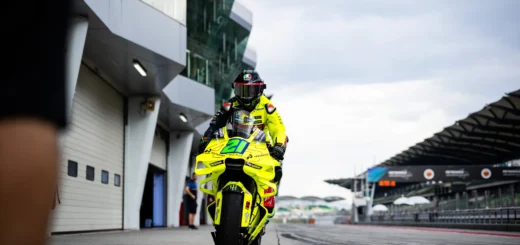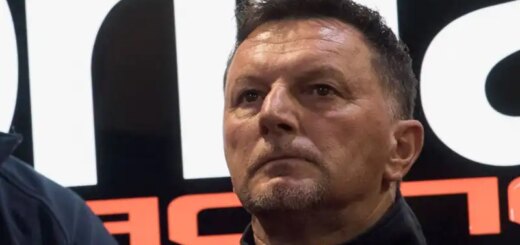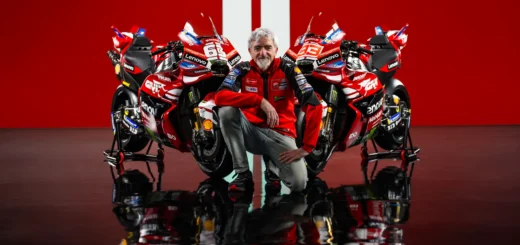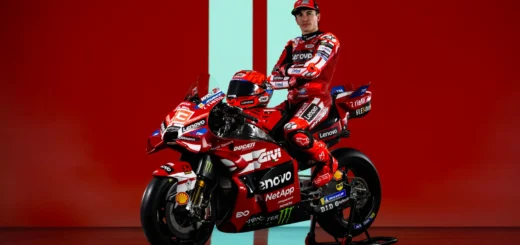Bruno Cerella between sustainable entrepreneurship and social work: the Vivir DC and Slums Dunk initiatives
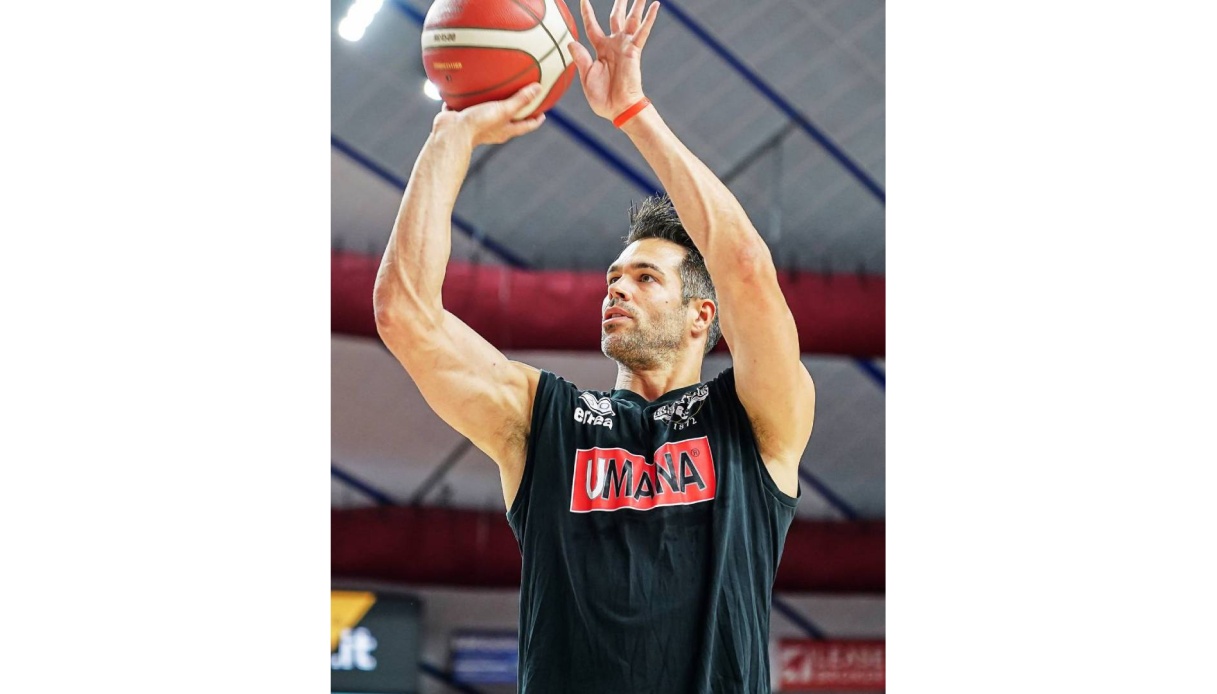
Bruno Cerella between sustainable entrepreneurship and the social: the Vivir DC and Slums Dunk initiatives
Bruno Cerella, in his last year as a professional at Blu Basket 1971 Treviglio, told Sportal.it about the entrepreneurial and social initiatives he is pursuing off the basketball court. The Italo-Argentine è co-founder of Vivir DC, a real estate company, and Slums Dunk, a social project that aims to improve the living conditions of children and young people living in economically and socially degraded areas of Africa.
How è was the idea for Vivir DC born?
The Vivir DC idea was born when I met a person in my life who gave me the knowledge that I could create a sustainable project over time, creating a beautiful second part of my life at the entrepreneurial level. Becauseé Giancarlo, my partner, before partner friend, met when I was playing at Teramo in 2009, after whiché we each went through our own life, me as a sportsman, him third generation of a family of real estate developers, of builders and me equal third generation of a family of builders: my Spanish grandfather, my mother and now me. Forò I was an athlete growing up, I developed my career through sports. When I began to imagine living in Italy, I began to invest, doing small renovations in Milan and beyond, but the operational part in the construction site è one thing that è fundamental and this è has been my luck: To have found Giancarlo at a precise moment in my career, when I had decided to live in Italy and to have cultivated together a same vision, which is to create a sustainable project, a project that is not only based on construction therefore on redeveloping a cityà from an urbanistic, architectural point of view, but to create something that is a social reference point and that can also be a company that promotes values through what it does
What è the purpose of this project?
The purpose è to build, certainly we do interventions from scratch, we go to intervene in areas of the city of Milan where the cityà grows and develops, but where it has a lot of margins, especially when you go to build the new becauseé maybe they were former industrial areas where the housing that thereé;were there were not as desirable as that product that we are going to propose with everything about new technologies and energy efficiency certainly as well as the ‘accessories’ of a house (a gymnasium, a laundry room, a coworking area… everything that makes the quality of living). So è this is our purpose and we pay so much attention to the social part, so we support projects in the area that go to redevelop a square, that go to create social projects through which we improve the living conditions of the inhabitants of the cityà so we support so many initiatives in the area.
How far along are the works?”
We started on a path where everyone had done their own story, after which we started building different buildings in different parts of the city: some è have already been delivered, some è halfway through, some are about to start. So we are constantly evolving, fortunately this evolution also leads us to growth, understood from the point of view of structure, from the point of view of the people who accompany our journey, from the financial point of view. So a lot of good things are happening and we are happy that a city like Milan is offering us these opportunities.
You are also co-founder of Slums Dunk, which è started from Africa but è also arrived in Italy, where it has recently opened a basketball court in Legnano: do you already have a new project in mind?
Our association is not in the business of building small camps otherwise we would have 300 of them for the world because in truth, it is simple to build a small camp: you just need some money to make a concrete casting, two baskets and the small camp is done. We create social projects through sports, so we create reference points for so many people whether it can be in a slum in Kenya as in Bahia Blanca where I was born in Argentina, as in Cambodia or in Milan, sport is used as a tool of social cohesion and as an educational tool we can say because in so many areas of the world a child does not have access to sports as here. Sports education is definitely placed side by side with school education. We always say that a child instead of being around drugs, prostitution, crime, can be in a healthy environment, playing sports and being educated by healthy coaches who can create value in the lives of these people, è a very important thing. So every place in the world where we intervene we create social projects and by studying social needs: for example, in Argentina I can't go to malaria prevention classes if there's no malaria; malaria (a very trivial example, but also true), in Kenya we follow girls with early pregnancies, we do HIV prevention courses, in Cambodia we collaborate with a center that does nutrition for street children, in Argentina we do basketball with women with breast cancer, In Italy we have created reference points that serve us to create events to bring people closer to sports, to bring people closer to a healthy environment, to promote our projects and to make sure that the Italian territory is not just a fundraising tool but to have its own projects in the territory. So we have created a beautiful tour and with so many partners, whether they are oratories, neighborhood associations, parent associations, schools, basketball schools, day care centers in the city, thatè è beautiful everything that is happening. It’s 12 years of history now, becauseé we were 22 years old when we founded Slums Dunk together with Tommy Marino, and so if I look back, I’m proud of the path we’ve taken.
How much has sports, particularly basketball, helped in this regard?
For us, sports è was definitely a great opportunity; because if I live the life I live today è thanks to basketball. I left my home when I was 18 years old, I come from a wealthy family but still I had a life experience outside of my home, going far away to play basketball and to grow from a human point of view, empower yourself. Sports I think has that ability to create an opportunity, which then can be taken advantage of for so many things, it doesn't necessarily mean that all these kids who touch a ball with their hands will become champions, but sì that they can cultivate healthy values and they can cultivate a sports education that teaches so much for life, such as for example the ability to to overcome yourself and not an opponent, which is è the main thing when you are a sportsman, like the ability to fall today because it's an injury, because it's a bad performance, because it's a bad day but tomorrow get back up, winning a title, having a great season, having a good game. And that goes the same for life, so I think there are so many good things that you can apply in life but that sports teaches. Even self-criticism: è something that you when you are a sportsman you see it through a video and you can't hide in front of the evidence, instead in front of society; we so many times tend to put ourselves in a defensive position in front of a mistake, so sports teaches a lot, it teaches to be selfless, it teaches to put so many times love in front of ego, that è acceptance of criticism, acceptance of mistake. So we strongly believe, beyond what è what è making a basket or a three-point shot, how good sports can do for people's lives.
Turning to basketball, you have announced your retirement, what do you expect from your last season?
I expect from this last season that it will remain in my heart like so many other seasons, so I personally when I start a season I set one goal: to be happy in everything that sport entails, to be happy even in the most difficult moments and in an injury, like right now that I’m out with a small knee problem, and to be happy and enjoy the good moments. So I hope it will be a year that I can complete my career with joy. I have a beautiful group, I have a competitive team, I wake up every morning with the desire to go to the gym and that’s enough for me because the essentials are enough for me to be happy and value everything I have. In truth, if we then win and go to the big league, I will retire as a champion and be happy for; we know it è difficult to win, we know there are so many competitive teams and we are one of those built to try to win, but regardless you can have a winning championship, which means having fun, which means being all year long at the top of the league, afterwards only one lifts the trophy. So è difficult, we will see what the path tells us.
The ownership è towards us è has been very clear: they believe in it, they have been investing for several years, to better structure the company è and to make a competitive team. The team is there, but there are many other teams in Legadue that are trying to go up, è a particular year with 8, 9 very very well built teams. We will see as we go along, we will see how good or not we will be forè the important thing, I think, is more the path one takes: if it becomes a winning path in which we have fun, we win and we can be the best version of ourselves perfect; but if it becomes a failure, so that there are problems within the team, that you don't win, that things don't turn around, that would be a problem and it wouldn't be good, but the group is there, the human resources of the players are there because we have a beautiful group, so I am confident.
Have you already thought about what you will do when you grow up (once you cease professional activity)?
So let’s start from the base: I am already grown up, I feel responsible for all the life around me, so if I think about my 37 years I have developed a life that few people manage to develop. From so many points of view: maybe not from the point of view of the family and I say this without shame but I express it becauseé è something that I would like, forò from the human point of view, from the work point of view I have to say that I am very happy. When I stop playing basketball I have a very interesting entrepreneurial life that I enjoy and that allows me to live in a foreign country after my career. If you think, in 90% of cases foreign players who go around the world to play sports, when their career is over they go back to their country. I wanted to create my own opportunity here to live in Italy, I like Italy, I am grateful to live in a country like Italy, so I am on the one hand sad that it ends that sports part that in my opinion è magnificent, there is nothing more beautiful than living in sports from my point of view, but I am equally excited, happy to start a part of my life where I will be the master of my time which for 20 years I have not done. To be able to go on New Year’s Eve to Argentina to say goodbye to my family, to be able to have a weekend in the mountains with friends having a barbecue, things that people who don’t do sports do. That makes me happy, it makes me excited, mostly because I have been forward-looking or I don't know, I can't say lucky because I've been looking for luck, but I've been good at having built an after-career that allows me to have a lot of good things and to have serenity in my life.

